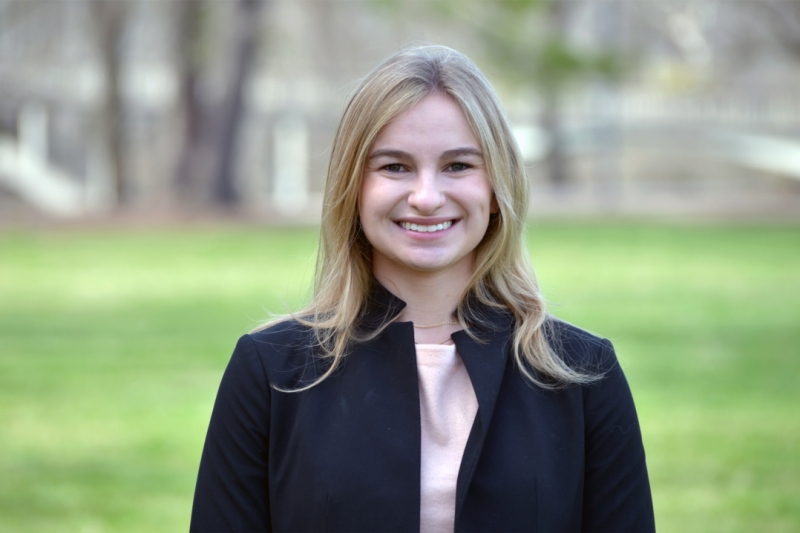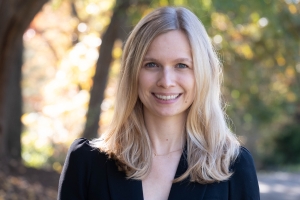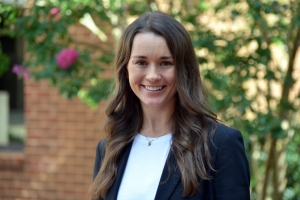
Digital Evidence and International Law Lillian Weitz '25L discusses her research with the UN Office of Drugs and Crime.
Lillian Weitz ’25L is from Philadelphia, PA. She graduated from W&L in 2022 with a degree in Business Administration and Philosophy. Last summer, she was a research associate with the UN Office of Drugs and Crime in Bangkok, Thailand and a judicial intern at the Delaware Court of Chancery with Vice Chancellor Cook. This summer she will intern with the law firm Goodwin Procter in their New York City office.
How did you get the position with the UN?
I got the position through the Transnational Law Institute here at W&L. During the winter of my 1L year, I approached Professor Mark Drumbl about finding an opportunity in international law for the summer. I told him that I’m interested in tech and cyber law, and that I was open to any international region. He reached out to one of his connections at the UN who connected me with the UN branch in Bangkok, as they do work around cybercrime and digital evidence in Southeast Asia. It was great this early on in law school to find an opportunity that was specific to my interests.
Describe your work with the UNODC.
I completed multiple assignments where I learned about: the legal landscape around digital evidence in Southeast Asian countries and how those countries’ laws and policies compare with the Budapest Convention; about certain issues that have arisen with digital evidence issues and cybercrime in Southeast Asia as well as possible solutions; and how policy and initiatives in these countries impact rules around digital evidence. Typically, I would research the digital evidence laws and rules in place with a particular emphasis on procedural rules, evaluate them, discuss gaps that may exist with the person I was working with at the UN, and talk about possible solutions.
What was your biggest takeaway from the experience?
There is no one size fits all approach to anything in the legal field. When you are evaluating law in other countries, there are a variety of factors to consider including culture, politics, current criminal or civil activity relevant to the subject area that you’re evaluating, available infrastructure and resources, a country’s legal tradition, and more. It’s been a fantastic learning experience to see how the UN works with countries to create effective policies while still respecting each country’s needs and culture.
 Lillian Weitz ’25L
Lillian Weitz ’25L


You must be logged in to post a comment.